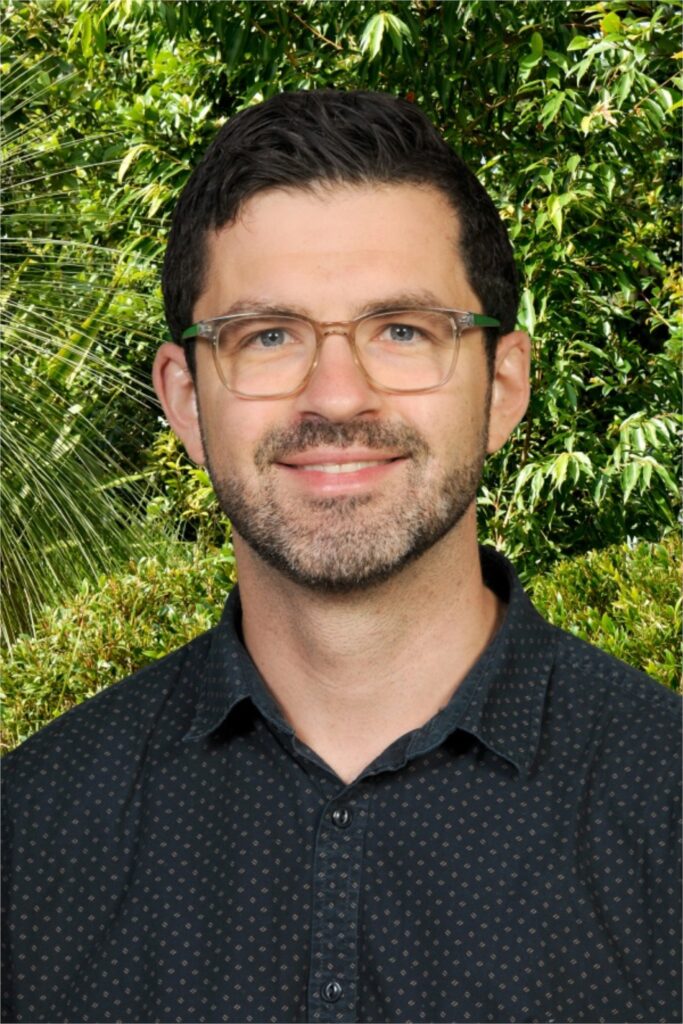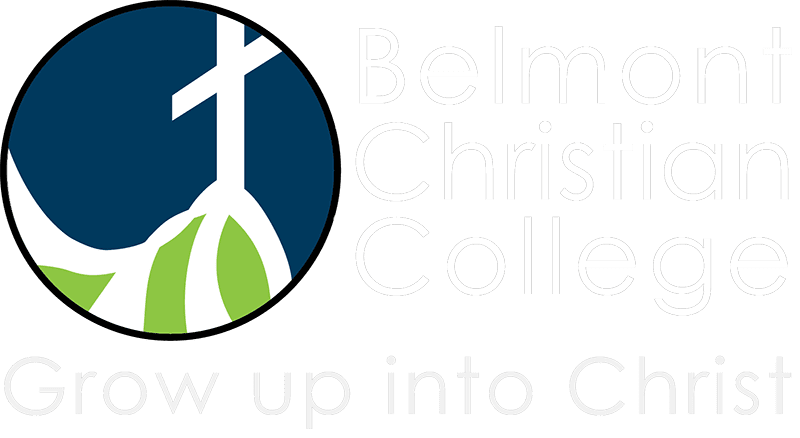
Formal education dates back millennia. In fact, there’s an ancient Babylonian poem about a school student that’s over four thousand years old. In it, he complains that all he does is scribe words into stone tablets for hours each day. Archaeologists have discovered another tablet into which is carved a student’s caricature of his teacher. It seems the more things change, the more they stay the same.
I recently took our teachers through a history of education philosophy. We started with the ancient philosophers who asked what the world was made of, through the Middle Ages, and into the present day. Over that time, education has been a lot of different things. Socrates taught the young to challenge established ideas, whilst in the Middle Ages the goal of education was ‘universal understanding’ – a lofty target indeed!
But what is education for today?
I suggest that education involves three essential functions; learning from the past, reflecting on the present, and hoping for the future.
When we learn from the past, we examine the past achievements and shortcomings of civilisation. We see ourselves in the grand story of history, in what God has done in our world and how we find ourselves where we are today. When we reflect on the present, we examine the world today, humanity’s achievements in science, the arts, literature, mathematics, sports, technology and applied sciences, and so on. We learn how they work, how to work with them, and we interrogate them through the lens of faith – discerning both the good and the not-so-good.
The final step is something I think is desperately needed in our current age; hoping for the future. Too much reflection on the present can be a challenging place to dwell without the hope that things can change, without the hope that God is doing a good work and will restore things to himself. And so we hope, and we point to a better future, and we learn our part in shaping this better future through our learning, our vocation, and our lives.
Whilst it doesn’t appear that our ancient Babylonian student necessarily saw much value in his scribing lessons, I’d argue that education’s role in helping us learn from the past, reflect on the present, and hope for the future, is fundamental to our existence. It’s about who we are, how we got here, and where all of this is going. I think, in essence, a good education encapsulates what it means to be truly human.
